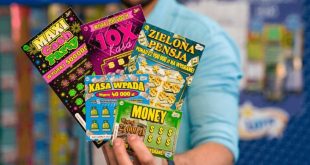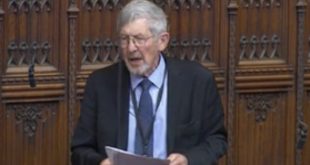As England takes on Spain in the Women’s World Cup final on Sunday, the UKGC has shared findings shedding light on the impact of major sporting events on the betting industry
Looking into the men’s version of the global tournament, the group commissioned Yonder to collect data on the gambling activity that took place, as well as what happened after the tournament.
In December 2022 – when the Men’s World Cup final took place – Yonder contacted people who reported betting on the World Cup or playing a related free-to-play game during the tournament.
It said that respondents answered questions about their gambling behaviours and attitudes over the previous four weeks. Yonder then recontacted the same individuals in March to find out about any changes in their gambling behaviour; 811 people responded to both surveys.
One of the main findings included a slight increase in gambling participation, despite respondents in the second survey reflecting on a shorter period (“since the World Cup” rather than the past 12 months).
The UKGC explained: “This includes the proportion that bet on football online, although perhaps unsurprisingly the amount being spent on football over the previous four weeks decreased significantly after the World Cup.”
Furthermore, Yonder looked into the social side of World Cup betting, specifically at the internal impulses stage of the Path to Play and why people bet on football.
Its findings showed that significantly more people placed bets to ‘add excitement to a game’ – and one of the groups to decrease after the World Cup were those who reported that the chance to gamble with friends had ‘a lot’ of influence on their activity.
“People who had bet on the World Cup were more likely to do so because they were in the ‘Feeling Lucky’ and ‘Social Play’ categories, and less likely to be in the ‘For the Money’ category,” the UKGC added.
This reinforces the idea that betting on the World Cup was more of a social experience than normal football betting.
Moreover, the report delved into whether the World Cup is a ‘gateway’ event. Of the 811 that responded to both wave one and wave two of the survey, 101 reported that they had not bet on football in the 12 months prior to the World Cup.
The UKGC highlighted that it was ‘particularly interested’ to know how the behaviour of this cohort of non/infrequent bettors changed once the competition had finished.
In the 11 to 12 weeks after the conclusion of the World Cup, 34 of the 101 reported placing a bet on sports during that period, with 72 engaging in non-National Lottery gambling in total.
The UKGC said: “This suggests that for approximately a third of people who were new or returning gamblers, betting on the World Cup did lead to continued (re)engagement with betting, and that there was also an observed increase in gambling engagement across a range of products.”
Finally, using the Problem Gambling Severity Index, the aggregated proportion in each band of scores (0, 1-2, 3-7 and 8+) was reported as ‘stable’ between the two waves.
However, Yonder displayed that there was a lot of movement between the bands as individuals’ scores increased or decreased.
UKGC concluded: “We’ve always known that the way that people experience gambling changes over time, but this approach allowed us to look at how much movement there was between the different bands.
“Due to this being the first time we have had this type of data, and the considerable overlap between the 12-month periods reflected upon in each survey, we are treating the findings from this research with a little bit of caution – but we will be exploring this and other longitudinal data further to continue to build a picture of how people move in and out of problematic gambling, even over short periods of time.”









